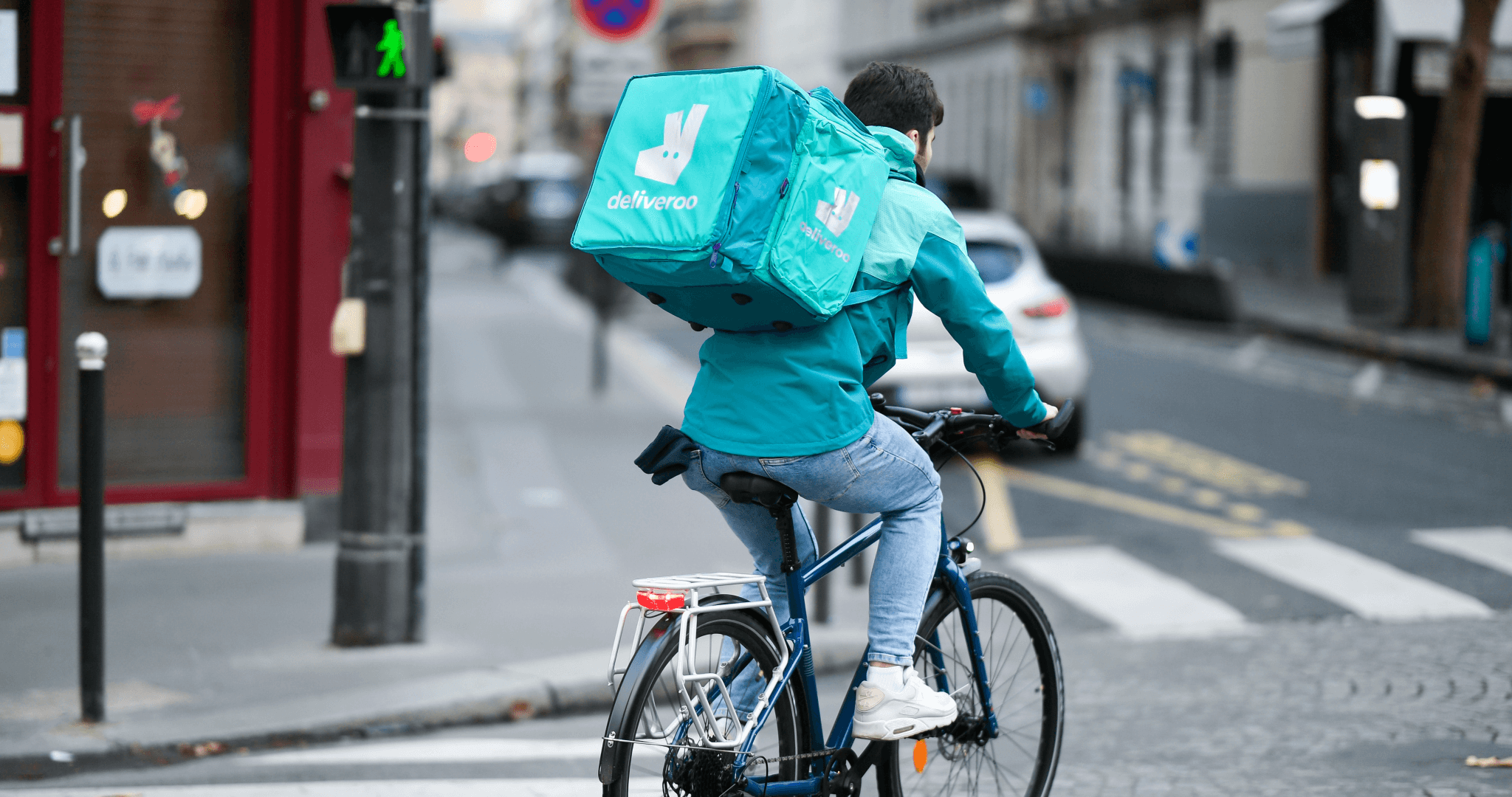UK Supreme Court Rules Deliveroo Riders Cannot Form Unions
Posted by Emma on 21st Nov 2023 Reading Time:
In a groundbreaking decision, the UK Supreme Court has ruled that Deliveroo riders cannot form unions for collective bargaining purposes. This long-standing dispute, initiated by the Independent Workers Union of Great Britain (IWGB) in an attempt to represent Deliveroo riders over pay and working conditions, has finally reached its conclusion.

The case had previously been dismissed by lower courts, but the IWGB took it to the Supreme Court. In a unanimous decision, the judges at the highest court in the land sided with Deliveroo, asserting that the riders did not have an "employment relationship" with the food courier giant and, therefore, were not entitled to compulsory collective bargaining.
The ruling hinged on several factors, including the riders' freedom to decline work offers and their ability to work for competing platforms. According to Judge Vivien Rose, these aspects were deemed "fundamentally inconsistent" with the existence of an employment relationship.
Collective bargaining, a formal process in which trade unions negotiate with employers on behalf of their members, was denied to the IWGB in this case. The union expressed its disappointment, stating that it could not accept thousands of riders working without key protections such as the right to collective bargaining. However, the IWGB remains committed to exploring legal avenues to pursue its cause.
This case is just one in a series of legal battles brought by gig economy workers seeking rights such as holiday pay, minimum wage, and pension contributions. In 2017, the IWGB's initial attempt to represent riders was rebuffed because they were not considered "workers" under UK labour law. The Central Arbitration Committee (CAC), a labour law body, later ruled that the riders were self-employed, further complicating the situation.
The Supreme Court's decision also touched on whether the arrangement between Deliveroo and its riders fell within the scope of Article 11 of the European Convention on Human Rights, which addresses the right to join trade unions. However, this argument was rejected by the judges.
Deliveroo welcomed the judgment, asserting that UK courts had consistently affirmed the self-employed status of its riders and that the ruling was a win for riders who value the flexibility that self-employed work offers.
On the other hand, the IWGB contended that flexibility should not come at the expense of basic entitlements like fair pay and collective bargaining rights. The union emphasised that its strength lies in the unity of the workforce and its determination to demand change, irrespective of court rulings.
While this ruling may be disappointing for some, it marks a significant moment in the ongoing debate over workers' rights in the gig economy. As the gig economy continues to evolve, the battle for worker protections and collective bargaining rights is far from over.
We encourage you to share your thoughts on this landmark decision in the comments below. What do you think this means for the future of workers in the gig economy?

